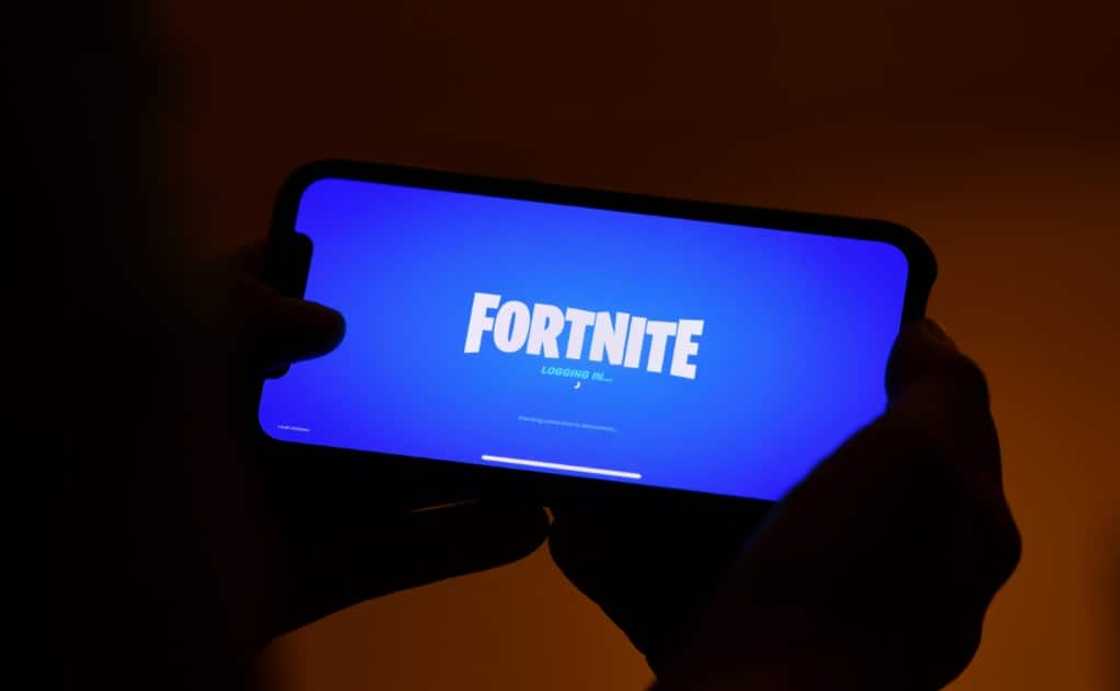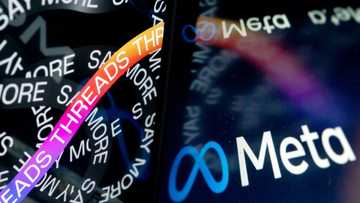Fortnite's Epic Games wins US court fight with Google

Source: AFP
Epic Games, the maker of Fortnite, won a major US court battle against Google on Monday when a jury decided that the search engine giant wields illegal monopoly power through its Android app store.
Epic sued Google and Apple in 2020, accusing the tech titans of abusing control of their respective shops selling apps and other digital content on mobile devices.
Google and Apple take percentages of all financial transactions at their app shops, prompting complaints by developers about an unfair "tax" imposed by the companies.
The defeat is a rare setback for a US tech giant in a US court, where judges have recently ruled in favor of big tech against accusations of running illegal monopolies or abusing their market power.
The San Francisco jury took just a few hours to decide against Google, finding that the company had embarked on various illegal strategies to maintain its app store monopoly on Android phones.
"Victory over Google! After four weeks of detailed court testimony, the California jury found against the Google Play monopoly on all counts," Epic CEO Tim Sweeney said on X (formerly Twitter).
PAY ATTENTION: Watch the hottest celebrity stories on our YouTube channel 'Briefly TV'. Subscribe now!
The case now goes back to the judge to decide how to remedy the harm found by the jury, which could force open the Android operating system to competing app stores.
Google said it would appeal the decision and the case could still drag on for months or years.
"We will continue to defend the Android business model and remain deeply committed to our users, partners, and the broader Android ecosystem," said Wilson White, Google's vice president for government affairs & public policy.
Phones running on the Android operating system have about a 70 percent share of the world's smartphone market.
Smartphone companies can install the Android app for free under the condition that the Play app store remains on the home page and that other Google offers are pre-installed.
During the trial it emerged that Google worked aggressively in other ways to make sure that the Google Play app store was the only conduit for making payments to third party apps such as Fortnite and other games.
A sizable chunk of app store revenue comes from video games and Epic Games has long sought to have payments for its mobile games, such as Fortnite, take place outside the Google or Apple app stores that take commissions as high as 30 percent.
Epic had mostly lost a similar case against Apple, where a US judge largely ruled in favor of the iPhone maker.
'Bribe and block'
Apple and Google regularly argue that their app shop commissions are industry-standard, and that they pay for benefits such as reach, transaction security, and ferreting out malware.
Google also argued that the arrangement with smartphone makers helped Android-run devices better compete against Apple's iPhone.
But the trial exposed that Google rakes in tens of billions of dollars of revenue through the app store.
In order to preserve its one-stop-shop for apps, Google paid smartphone makers a cut of its revenue in return for the Play store remaining the exclusive gateway.
In the trial, Epic’s lawyers described the strategy as "bribe and block."
The arguments made by Epic echoed Google's other landmark case in a federal court in Washington.
In that case, which will only be decided late next year, US Justice Department officials accuse the company of acting illegally to preserve the dominance of its world-leading search engine.
At the heart of the search case is Google’s massive revenue sharing deals in which Apple and other smartphone makers take a big cut of Google's ad revenue.
PAY ATTENTION: Follow Briefly News on Twitter and never miss the hottest topics! Find us at @brieflyza!
Source: AFP




